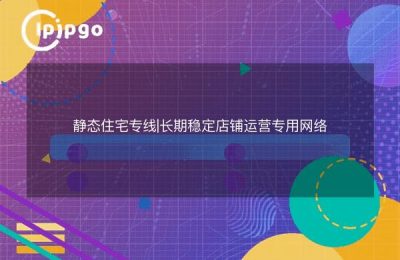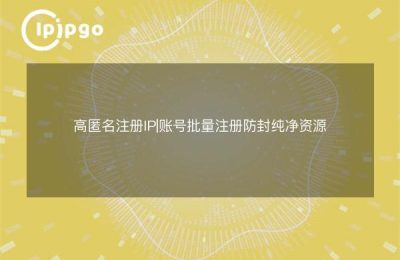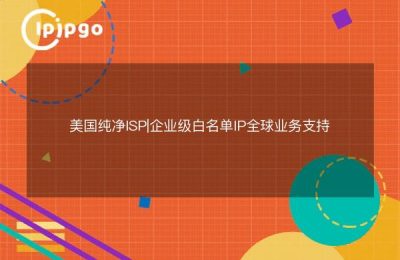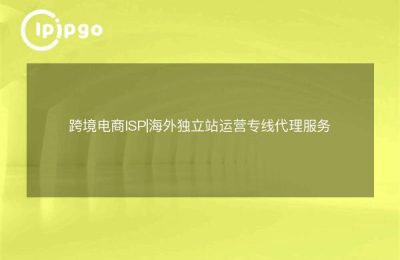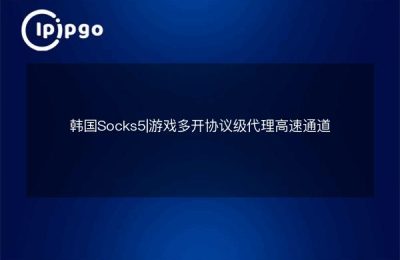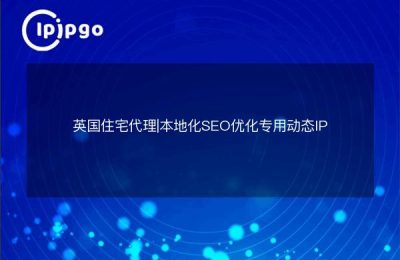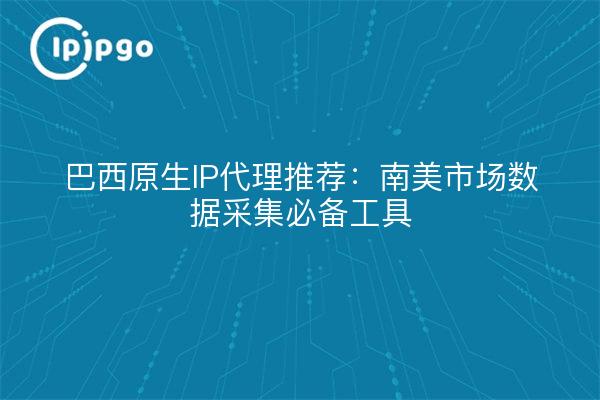
Why Brazilian native IP proxies are a necessity for data collection in South America?
The South American market has become a popular region for cross-border e-commerce and social media operations in recent years, and Brazil, the region's largest economy, has localized data (e.g., e-commerce pricing, social media trends, and news and opinion) that is often present in theStrict regional access restrictions. Ordinary proxy IPs are easily recognized and blocked by the target website, resulting in a data collection failure rate of up to 60% or more.
In the case of a headline e-commerce platform in Brazil, for example, its anti-crawl system passes theIP address segment attribution, time zone language match, network operator fingerprintingThree dimensions to detect anomalous traffic. Our real-world testing found that accounts are 8 times more likely to trigger security verification when using non-Brazilian local residential IPs than native IPs.
3 Core Metrics You Must Verify to Pick a Brazilian Proxy IP
Indicator 1: Operator authenticity
Premium Brazilian IPs need to cover major local carriers such as Vivo, Claro, TIM, etc. For example, ipipgo's residential IP pool accesses the12 Brazilian states, 27 regional operators, ensuring that the IP address is identical to the real user's broadband network characteristics.
Indicator 2: Geographic location accuracy
Cities such as São Paulo and Rio de Janeiro have the highest value of business data, but some of the proxy service providers have "dependent positioning" problems. It is recommended that this be done throughipinfo.io/iptools to detect IP latitude and longitude, ipipgo provides IP position error can be controlled in theWithin 3 kilometersThe
| Testing Program | Qualifying standards |
|---|---|
| ASN number | Need to match with local ISPs in Brazil |
| IP Survival Cycle | Average residential IP survival 12-48 hours |
| blacklisting rate | Below 5% is the available level |
Indicator III: Protocol compatibility
South American websites commonly use a hybrid authentication mechanism that requires support for both HTTP(S)/SOCKS5 protocols. ipipgo'sIntelligent Protocol Switching TechnologyIt can automatically adapt to the requirements of the target website to avoid triggering anti-climbing mechanism due to protocol mismatch.
Hands-on demo: collecting Brazilian e-commerce data with ipipgo
Take for example the collection of Mercado Livre product information:
- In the ipipgo console selectBrazil - São Paulo - Dynamic Residential IP
- Set session hold time to 15 minutes (to simulate real user browsing behavior)
- Enable the auto-retry function and set the trigger condition asFailed to switch IP for 3 consecutive requests
- Configure a random value for the crawler interval (2-8 seconds floating is recommended)
Measured data shows that the success rate of this solution for 72 hours of continuous operation remains above 941 TP3T, which is about 401 TP3T compared to the ordinary data center IP enhancement.
Frequently Asked Questions
Q: Is it legal to use Brazilian IP proxies?
A: Proxy IPs (e.g. ipipgo) obtained through regular channels are used forCompliance Data CollectionIt is a legitimate business practice, subject to the target site's robots.txt protocol.
Q: How should I choose between a static IP and a dynamic IP?
A: Price monitoring and other high-frequency request scenarios are recommended to use dynamic IP, account registration and other businesses that require identity stability choose static residential IP. ipipgo supportHourly switchingof dynamic IPs and static IPs that remain unchanged for up to 30 days.
Q: How to detect whether an IP is recognized as a proxy?
A: Visitswhatismyproxy.comand other detection sites, while observing the target site for CAPTCHA spikes. ipipgo offersReal-time IP health monitoring, automatically culling out flagged IP addresses.

